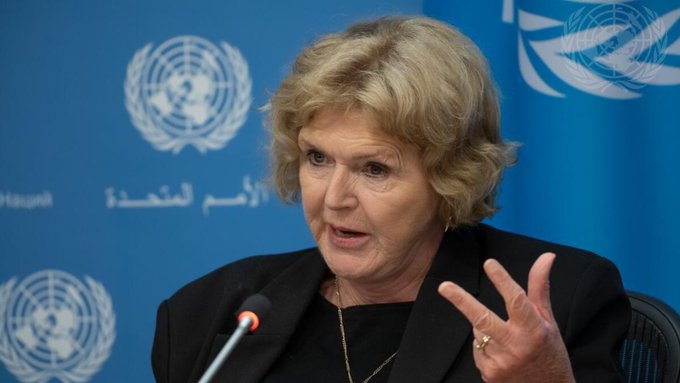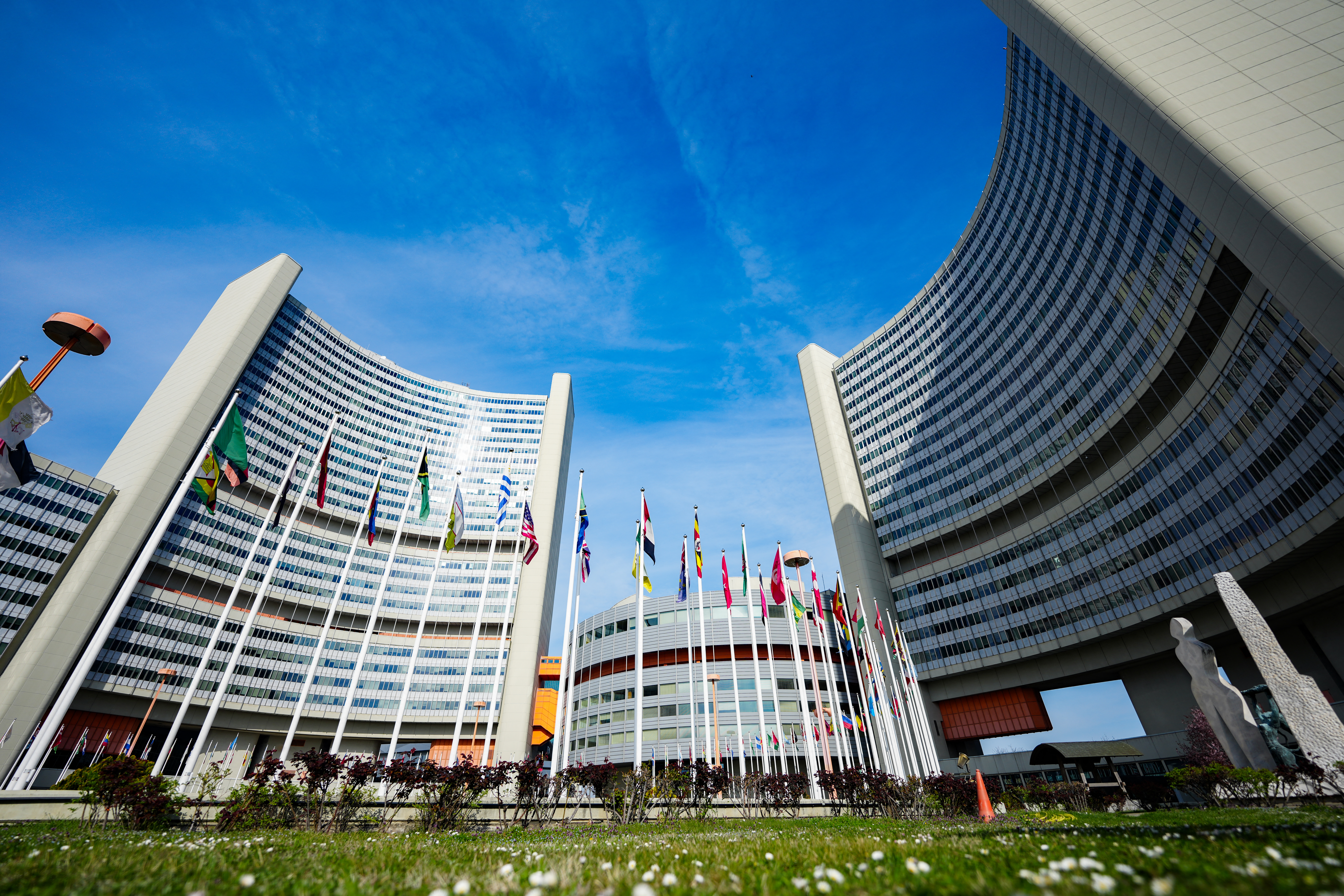29th Session of the UN Human Rights Council comes to an end
Age of criminal responsibility, migration and judicial independence mark Brazil’s participation in the meeting
 The 29th session of the UN Human Rights Council, held in Geneva from June 1 to July 3, was the stage of important complaints against Brazil and debates on crucial topics for global civil society – such as the cases of Guantanamo prison and the war in Syria.
The 29th session of the UN Human Rights Council, held in Geneva from June 1 to July 3, was the stage of important complaints against Brazil and debates on crucial topics for global civil society – such as the cases of Guantanamo prison and the war in Syria.
Among the highlights of the meeting were the complaint made by Conectas and partners against the existence of the area known as the “connector” in the international airport of Guarulhos, where people who are not permitted to enter Brazil or continue their journey to other countries are held indefinitely. In the same oral statement, Conectas, CELS (Center for Legal and Social Studies, of Argentina) and the Catholic organizations Sefras, Missão Paz and Caritas Arquidiocesana de São Paulo claimed that Brazil’s immigration law is incompatible with human rights and called for the establishment of a civil authority to handle the matter – currently almost exclusively the responsibility of the Federal Police.
Click here to read the statement on immigration in Brazil.
In another statement, Brazilian organizations denounced the ideological control exerted by the São Paulo State Court. As an example, the organizations used the case of Judge Roberto Corciolli, who was removed from his criminal court for issuing alternative sentences to imprisonment. An equally critical tone was used to bring to the attention of the international community the proposal to lower the age of criminal responsibility that is currently pending in Congress.
“It was of fundamental importance that the Member States of the Human Rights Council were made aware of the dark times we are living in Brazil, both in the Legislative and in the Judiciary,” said Rafael Custódio, coordinator of Justice at Conectas. “We are witnessing the clear threat of a setback in rights and guarantees, which will weaken the country’s status in international forums,” he added.
Click here to read the statement on judicial independence.
Click here to read the statement on the reduction of the age of criminal responsibility.
Brazilian, American and Argentine organizations also drew attention to the urgency to resettle 57 detainees (of a total of 122) from Guantanamo prison who have been cleared for release. They also called for an independent investigation into the torture program run by the CIA (Central Intelligence Agency), which was uncovered last year by the U.S. Senate.
“Many of the prisoners at Guantanamo have never been formally charged and have been cleared by the U.S. government for release from the prison at the Cuban bay. The transfer of these people to countries offering humanitarian asylum is urgent. This is the only way to close this prison, which is symbolic of the violations committed in the name of the so-called ‘war on terror’. Brazil should demonstrate international leadership and offer refuge to some of these men who remain illegally detained,” said Camila Asano, coordinator of Foreign Policy at Conectas.
Click here to read the statement on Guantanamo and the CIA torture program.
The complaint was made ahead of the International Day in Support of Victims of Torture (June 26) and the state visit by President Dilma Rousseff to her counterpart Barack Obama, on June 30.
Civil society organizations also made recommendations to the special rapporteurs on freedom of expression and summary executions for the governments of member states to guarantee the right to protest, and they expressed criticisms of the serious humanitarian crisis in the Mediterranean Sea, which has already resulted in the death or disappearance of more than 7,500 migrants since 2013.
Finally, the organizations also questioned the composition of the Working Group on Business and Human Rights, whose goal is to promote the implementation of the UN Guiding Principles on the topic, and exposed the numerous strategies employed by the pharmaceutical industry against the GTPI (Brazil’s Intellectual Property Working Group), which is responsible for examining patents in Brazil, considered by the WHO (World Health Organization) to be an important measure for protecting public health.
Click here to read the recommendations on the right to protest.
Click here to read the statement on the humanitarian crisis in the Mediterranean.
Click here to read the statement on the Working Group on Business and Human Rights.
Click here to read the statement on the GTPI.
Resolutions
During the meeting in Geneva, a new resolution on the war in Syria was adopted, with the support of Brazil. The Brazilian State only voted for the resolution after changes were made to the text that had been rejected at the previous session of the Council.
“It is important that Brazil came forward as a negotiator on the points that needed to be altered in the wording of the document. It is evidence that the country has political and diplomatic capital, and can exploit it to push forward the main international debates,” said Asano. “This is the type of posture that one expects from a country the size of Brazil, not a comfortable position of simply abstaining on unsatisfactory resolutions.”
Click here to read the resolution on Syria.
This was what happened in the debate on the resolution on ‘protection of the family’. The Brazilian delegation abstained on the regressive text, following a series of initiatives to dilute the rights of LGBT (lesbian, gay, bisexual and transgender) groups. The vote occurred after the defeat of Brazil and South Africa in their attempt to include an amendment that would guarantee the recognition of ‘various forms of the family’. The resolution was adopted by 29 votes in favor, 14 votes against and 4 abstentions.
Click here to read the resolution on Protection of the Family.


